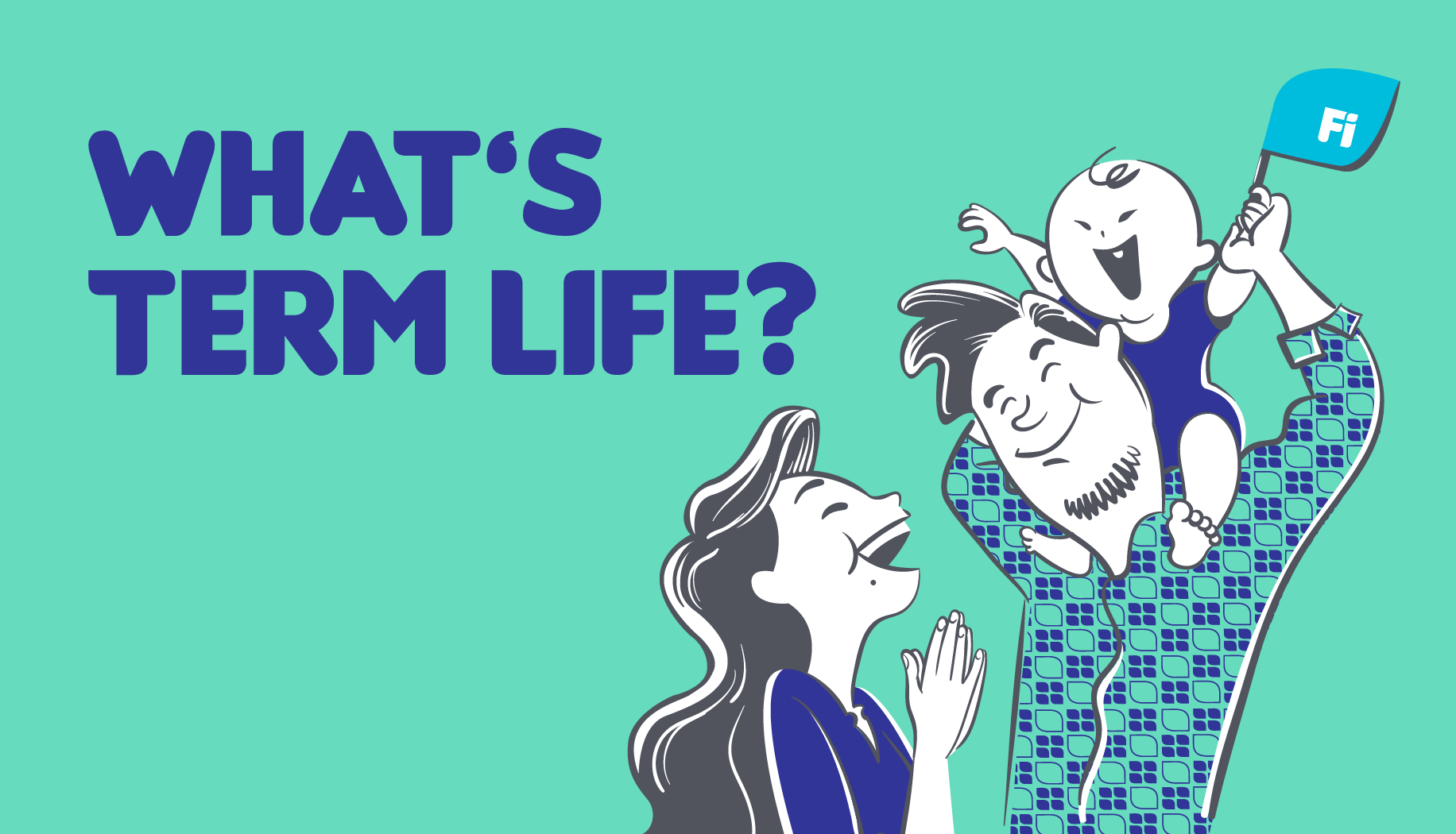
What is Life Insurance?
The purpose of life insurance is to be a safety net against major financial loss in the case of an unexpected event, for instance, your death. In such a situation, life insurance provides a lump sum payout to your family so that in your absence, they can start to rebuild their lives without having to depend financially on others.
What Life Insurance is NOT
Life insurance is not an investment. If you come across terms like returns, cash value and surrender value when buying a life insurance policy, please be clear that you are not buying a pure protection life insurance. These terms are used when you are buying life insurance bundled with an investment or savings component.
If you buy investment-linked life insurance plans, a portion of your premium will be allocated towards the investment funds. This means that for the same amount of life insurance coverage, you may be paying a higher premium in order for you to have both protection and investment / savings in the same life insurance policy.
At Fi Life, we believe you should buy a pure protection life insurance to protect your family first, and then invest the rest to build your nest egg. You should separate your protection needs, which is covered by a pure life insurance, from your savings and investment needs.
What is Term Life?
- Term Life insurance provides coverage which pays out a lump sum amount (this is called the Sum Assured) if you die, as long as the policy is still valid.
- In return for this pay-out, you need to pay premiums to the insurance company. These premiums are usually paid regularly, normally monthly or annually.
- Most of the Term Life insurance plans do not have investment or savings components. Just pure insurance.
Types of Term Life policies
There are two popular types of Term Life policies: Yearly Renewable Term and Level Term. The difference between the two types is how premiums are charged:
Under a Yearly Renewable Term policy, your policy will be renewed year-to-year. The premium starts low but increases slightly every time you renew (as you get older) at a predetermined amount.
At Fi Life, you can continue to renew your policy term until you are 80 years old. To ensure you are always covered, your policy automatically renews every year through auto-deduction of your premium from your registered credit/debit card. You can cancel your policy at any time.
Under a Level Term policy, you decide how long (i.e. the “term”) your policy should be in force. Usually, you can choose between 5, 10, 15 or 20 years. The reason it is called a Level Term policy is that the annual premium remains level (not increasing) for the duration of the policy.
Most financial planners recommend a policy duration that is sufficient for your dependents. For example, a policy should be in force till your youngest child is of independent means (e.g. 25 years old). So if your youngest child is 5 years old, a 20 year term policy is recommended.
Even though you have chosen a policy duration upfront, you are not locked-in to that term. If your protection needs changes, you are free to cancel the policy at any time.
In the beginning, premiums for Level Term policies are usually higher than that for Yearly Renewable Term policies. However, because they are fixed, premiums for Level Term policies will eventually be lower than that of Yearly Renewable policies as you grow older.
Fi Life currently offers Yearly Renewable Term policies only, you can get a quotation here.
Who should get Term Life insurance?
You should get Term Life insurance when you have dependents (typically your parents, spouse or children) who depend on your income to live. For example:
- You want to provide your spouse or partner with financial security in the event of your unexpected death
- You have children who are still financially dependent on you and you need to prepare for their education and living expenses if you’re no longer around
- You have a loan on a property or a car and your dependents would struggle to repay the loan without you.
Are there any additional features to Term Life policies?
Most Term Life policies also include the following important add-ons:
-
Total and Permanent Disability Coverage (popularly known as “TPD”)
Should you suffer a total and permanent disability that stops you from working, the consequences can be doubly catastrophic: Not only would your family lose the benefit of your income, but they will also need extra money to take care of you. That is why many life insurance policies include coverage for Total and Permanent Disability.
At Fi Life, we recognise the additional financial strain that is put on your family if you are totally and permanently disabled. So our Term Life policies pay the Sum Assured in advance if you become totally and permanently disabled. However, the policy will no longer pay upon your death.
-
Personal Accident
Death from personal accident can be traumatic as it’s usually sudden and completely unexpected.
Insurance is a practical necessity if you have anyone who depends on you. Get the necessary protection at affordable prices with Fi Life.
